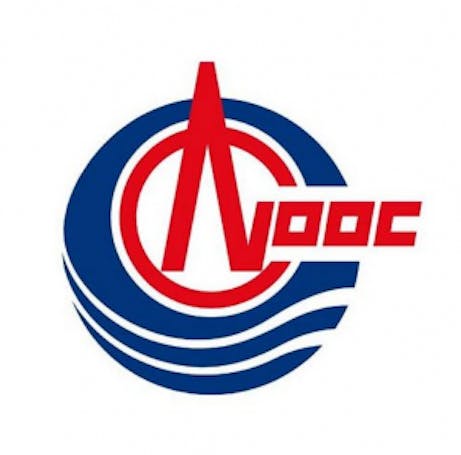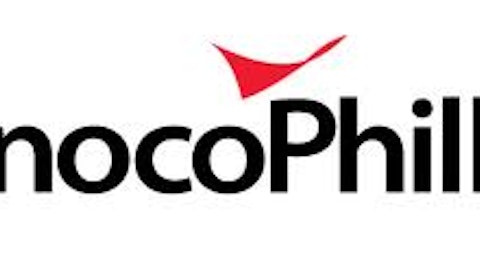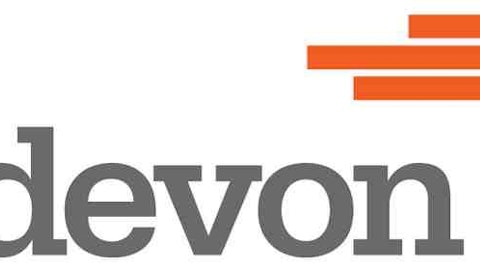
US Oil Consumption data by YCharts
CNOOC Limited (ADR) (NYSE:CEO)
is focused on exploration and production. It has the backing of the central government, but such support can get in the way of growth.
The recent Nexen acquisition by CNOOC Limited (ADR) (NYSE:CEO) endured a difficult approval process by Canada’s government. Due to the Canadian political backlash, it appears that CNOOC Limited (ADR) (NYSE:CEO) received precious oil sands technology just before the door shut. The US Committee on Foreign Investment in the United States is equally wary of Chinese companies. CNOOC Limited (ADR) (NYSE:CEO) was forced to give up its operator status in a number of U.S. wells in order to gain American approval for the Nexen deal.
The positive side is that CNOOC Limited (ADR) (NYSE:CEO) benefits from its government connections in its assets around China. The nation needs energy and there is no way to get around this. The government’s aggressive action in the South China Sea is not positive for China’s neighbors, but it does pave the way for CNOOC to play a greater role.
Production continues to pick up in the South China Sea, Iraq, and Alberta. The firm has little debt with a total debt to equity ratio of just 0.19. CNOOC Limited (ADR) (NYSE:CEO) is a major oil company with a net production of 69.6 million barrels of crude oil and liquids in Q3 2012. At its current price to earnings ratio around 7.6, it is cheap and worthy of a second look.
PetroChina Company Limited (ADR) (NYSE:PTR) is larger than CNOOC and a very different firm. It is an integrated oil firm and operates in upstream and downstream segments.
The central government sets the prices of a number of products, including gasoline. This exposes PetroChina Company Limited (ADR) (NYSE:PTR) to losses because the cost of oil can be greater than the revenue generated from oil derived products like gasoline. Other socialist countries like Brazil have government-set gasoline prices. They have found it is a great tool to keep the populace calm and productive, one of Beijing’s main goals.
PetroChina Company Limited (ADR) (NYSE:PTR) refined 4.4% more gasoline, diesel, and kerosene in the first three quarters of 2012 relative to the same period last year. At the same time the operating loss from refining operations grew to RMB30,019 million from an operating loss of RMB11,520 million in the previous period. PetroChina Company Limited (ADR) (NYSE:PTR)’s return on investment of 8.3% is not amazing and it trades at a P/E ratio of 12.8. With the Chinese government forcing PetroChina Company Limited (ADR) (NYSE:PTR) to subsidize consumers and the firm’s high valuation, it is best ignored.




